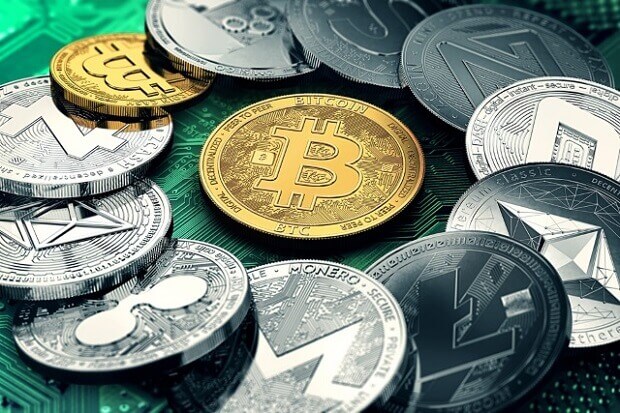As regulators in China and South Korea crackdown on cryptocurrencies, Japan is quickly turning into a safe haven for market investors.
According to a report from the Nikkei Asian Review, Japanese authorities are on a thin line between boosting technological innovation in the country and maintaining consumer protection. It adds that there is the fear that Japan could be exposed to financial risk if it fails to tighten the rules on bitcoin trading.
Global regulators are focusing more attention on the crypto market in light of increasing investor interest. By the end of 2017, bitcoin’s value had increased by 1,700 percent, pushing the price of one coin to nearly $20,000 last month. Into the new year and market values have slumped, primarily due to a major market selloff and regulatory uncertainty.
One government that is establishing a stricter stance toward cryptocurrencies is South Korea. Earlier this week, it was reported that the government was planning to collect corporate and local income tax from the nation’s digital currency exchanges. Additionally, South Korea’s Financial Services Commission (FSC) revealed that cryptocurrency investors in the country would now need to have real-name bank accounts if they want to continue trading. The use of anonymous trading accounts will be banned by the 30th January.
These are just a few of the measures that South Korea is putting into place in order to rein in the volatile market. China, too, has taken a firm approach toward the sector. Last year, the government banned initial coin offerings (ICOs) and prohibited the operation of domestic digital currency exchanges.
However, unlike South Korea or China, Japan has been taking proactive steps to embrace cryptocurrencies. As an early adopter of them, Japanese legislators accepted digital currencies such as bitcoin as a legal form of payment last year in its Payment Services Act. This is despite the negative experience the country has had with the now-defunct cryptocurrency exchange Mt Gox. That’s not to say, though, that the government hasn’t put measures into place to ensure consumer protection.
Provisions to the Act require cryptocurrency exchanges to register with the government and to manage customer assets from their own. Furthermore, before any other country Japan introduced a registration system for digital currency exchanges while traders need to provide identification when dealing in currencies.
Yet, while critics have said that Tokyo’s regulations are not tight enough, Taro Aso, Japan’s Finance Minister, said:
I don’t think it is good to regulate anything and everything.
It seems that Japan, for now, has found its sweet spot.
